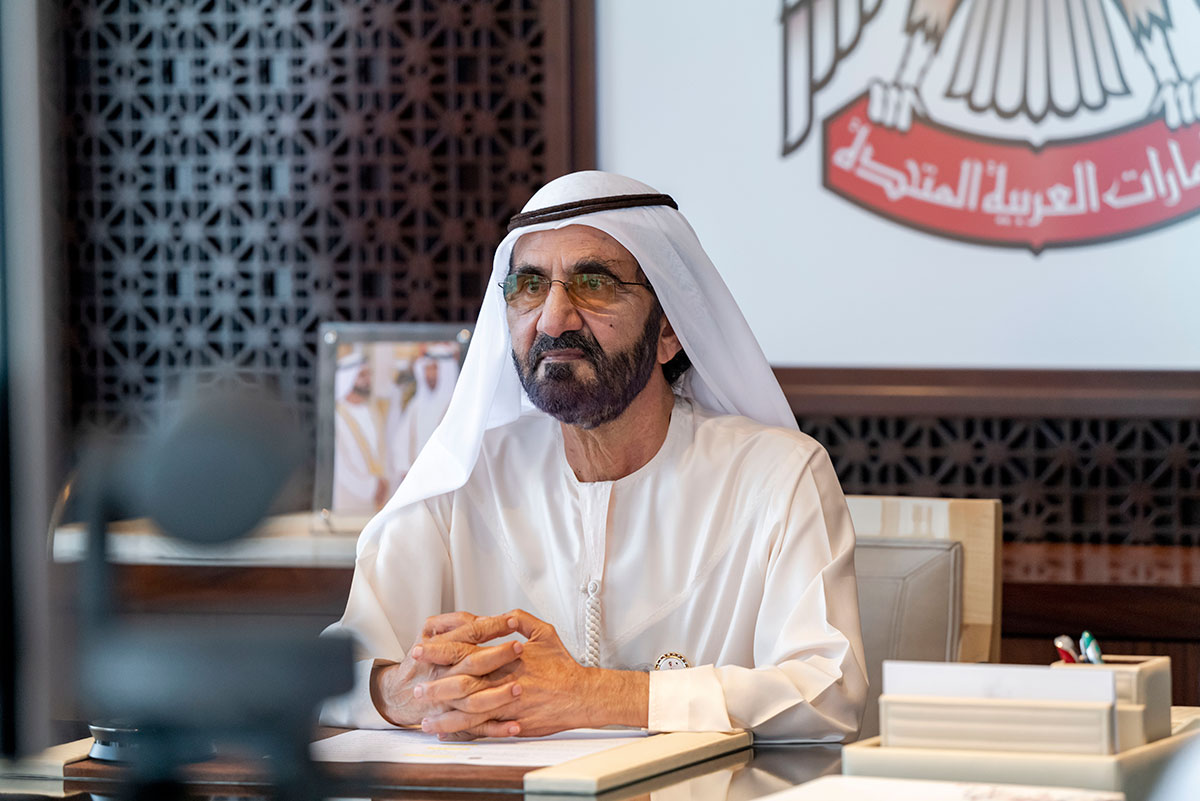The upcoming 28th Conference of the Parties (COP28) to the UN Framework Convention on Climate Change (UNFCCC) is of utmost significance as it will tackle crucial matters such as countries’ energy contributions, transition pathways, associated costs, and strategies to mitigate climate change’s adverse impacts.
The Institute of Energy Economics of Japan (IEEJ) has confirmed that this conference arrives at a pivotal juncture. Toshiyuki Sakamoto, an IEEJ Board Member, expressed his confidence in the UAE’s presidency of COP28. Dr. Sultan bin Ahmed Al Jaber, Minister of Industry and Advanced Technology and COP28 President-Designate, is praised for his experience in coordinating environmental conservation and greenhouse gas reduction policies.
Concerns over global warming
Sakamoto pointed to the warnings outlined in the AR6 Synthesis Report: Climate Change 2023 by the Intergovernmental Panel on Climate Change (IPCC). The report highlighted the current global warming rate surpassing 1.1°C above pre-industrial levels. Continuing with the current greenhouse gas emission rates would impede efforts to prevent temperatures from surpassing the 1.5°C mark, making COP28 a critical platform to address this issue.
Participation from approximately 200 countries ensures that COP28 discussions will encompass various essential topics such as energy transition, gradual greenhouse gas emission reduction, and the fight against deforestation. The UAE’s track record in supporting COP’s objectives and anticipated outcomes is laudable.
During COP28, the Japanese government plans to emphasize carbon capture, utilization, and storage (CCUS), particularly due to Japan’s aim for net-zero emissions by 2050. Japan has allocated a substantial 20 trillion yen (equivalent to US$140 billion) to aid the private sector’s decarbonization endeavors by 2050.
Sakamoto also disclosed Japan’s energy ambitions, sharing that by 2030, 59 percent of Japan’s energy will be derived from renewable and nuclear sources, while fossil fuels will only constitute 41 percent of the energy mix.
Touching upon the meetings of energy ministers from the Group of 7 (G7) nations and the G7 Hiroshima Leaders’ Communiqué, Sakamoto highlighted Japan’s unique role as the sole Asian nation within the G7. This underscores Japan’s influence in advocating tangible solutions that support both developing and Asian countries.

